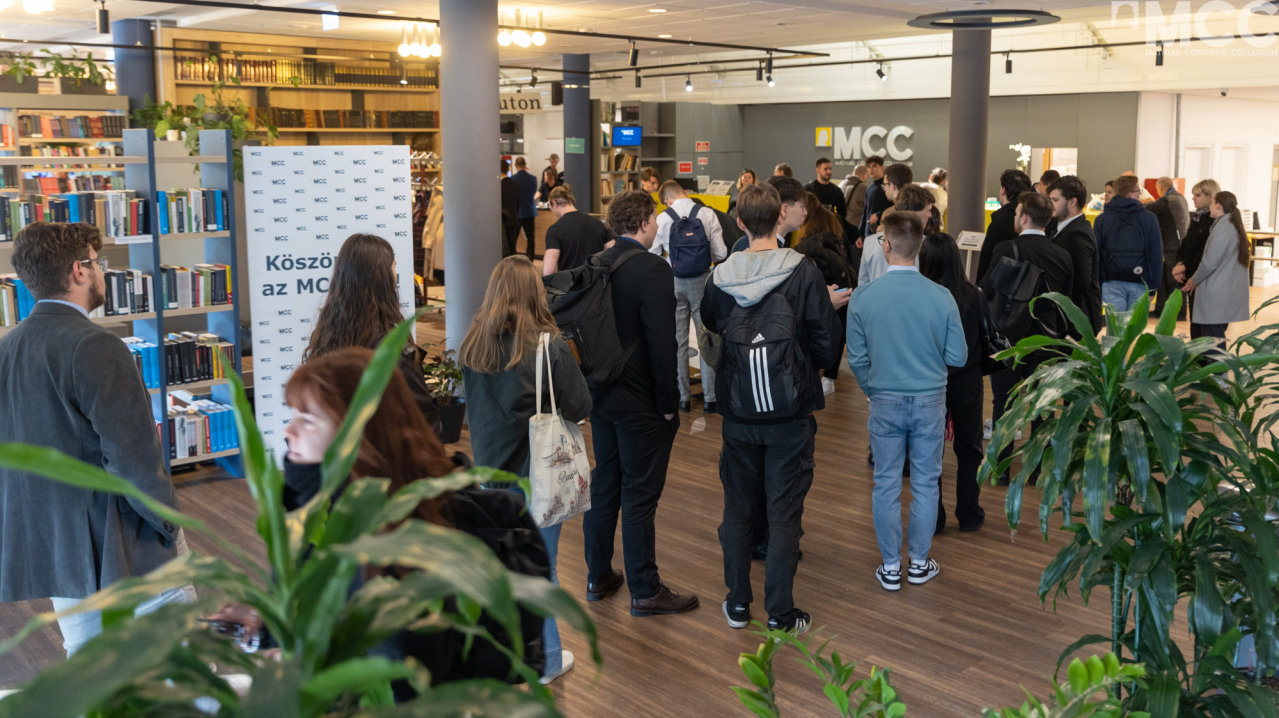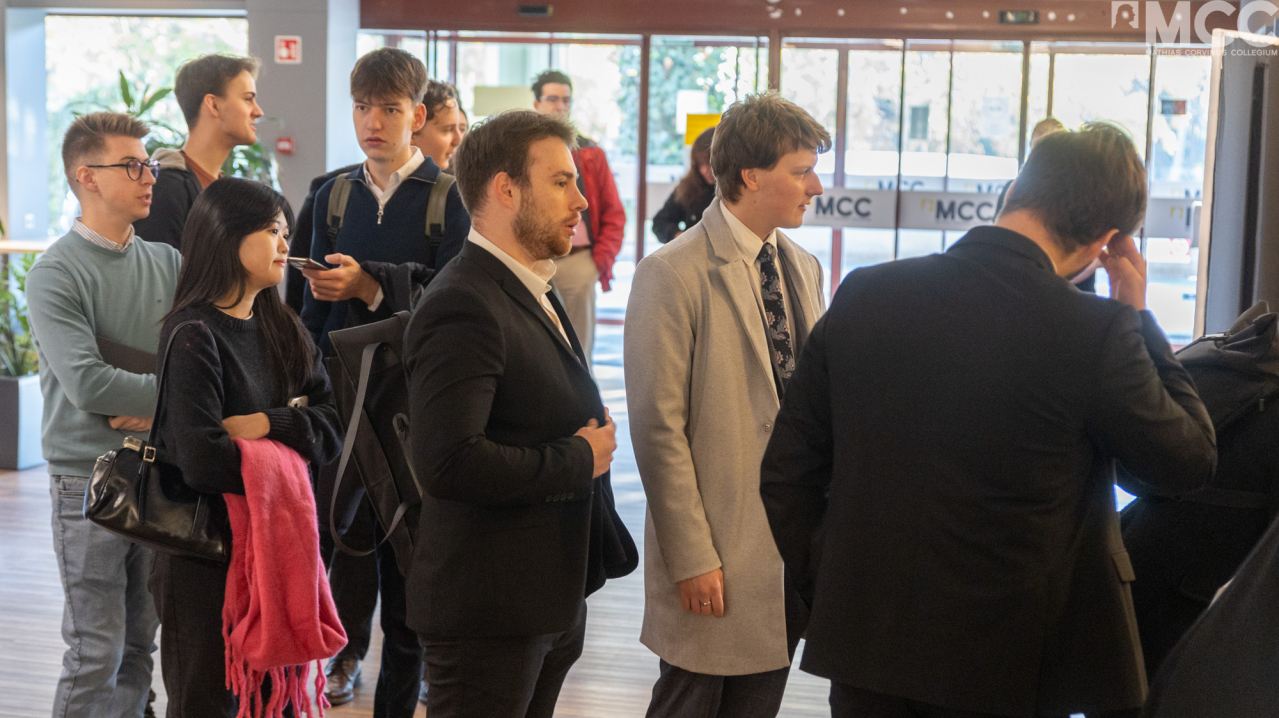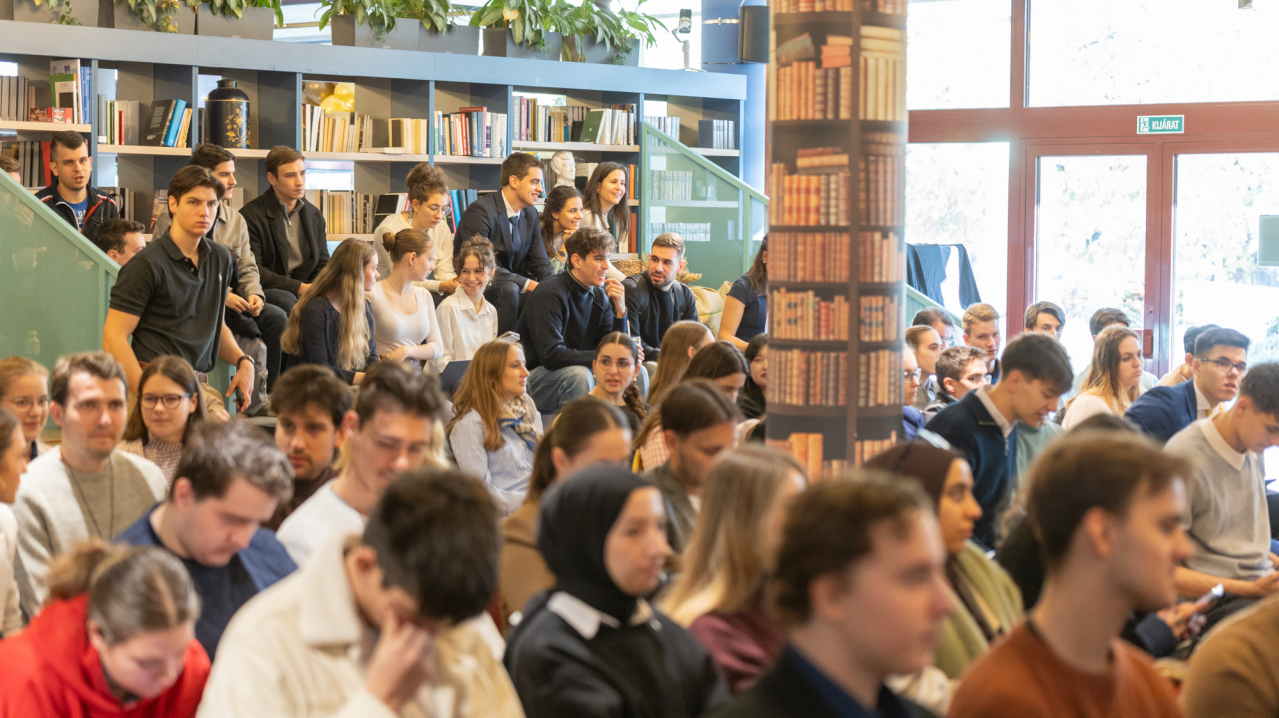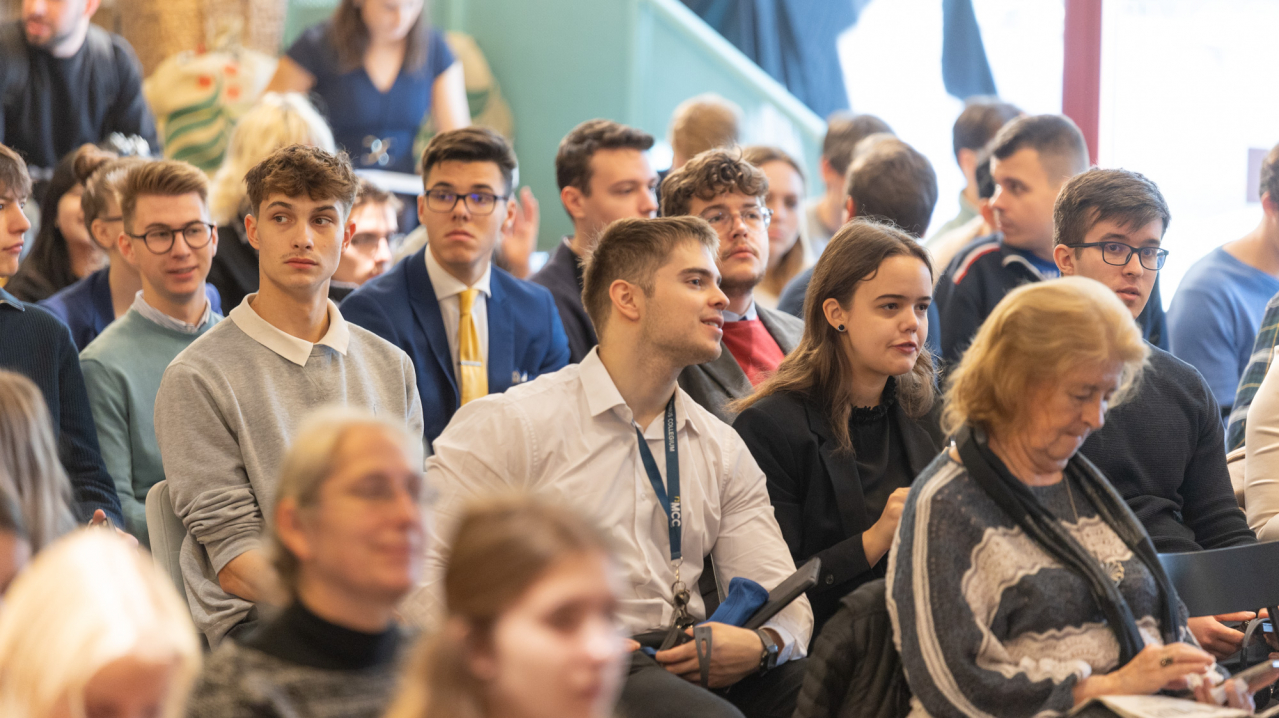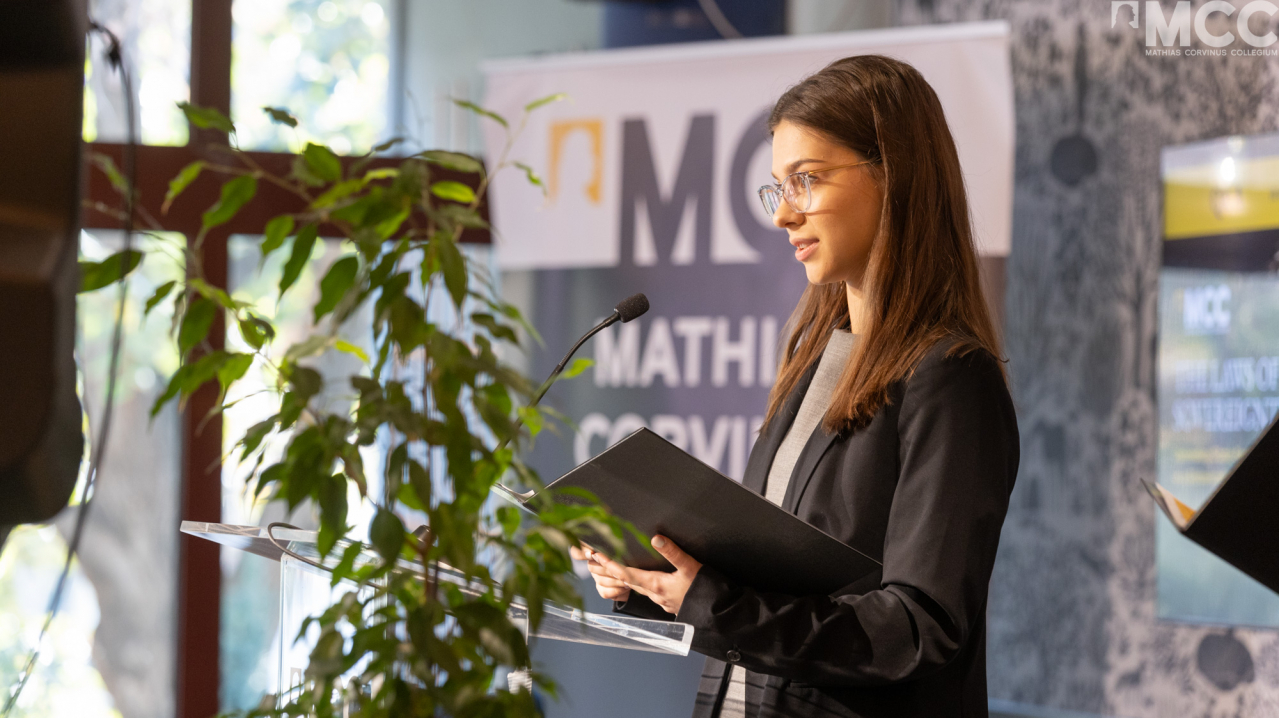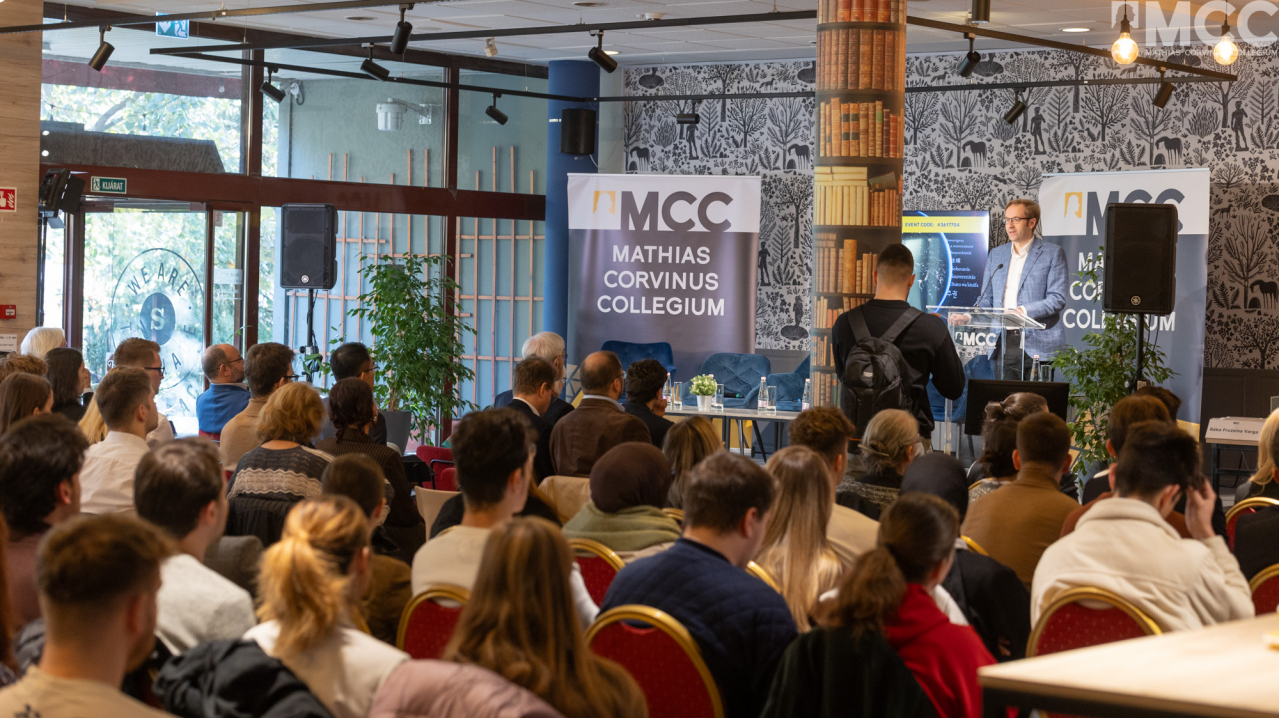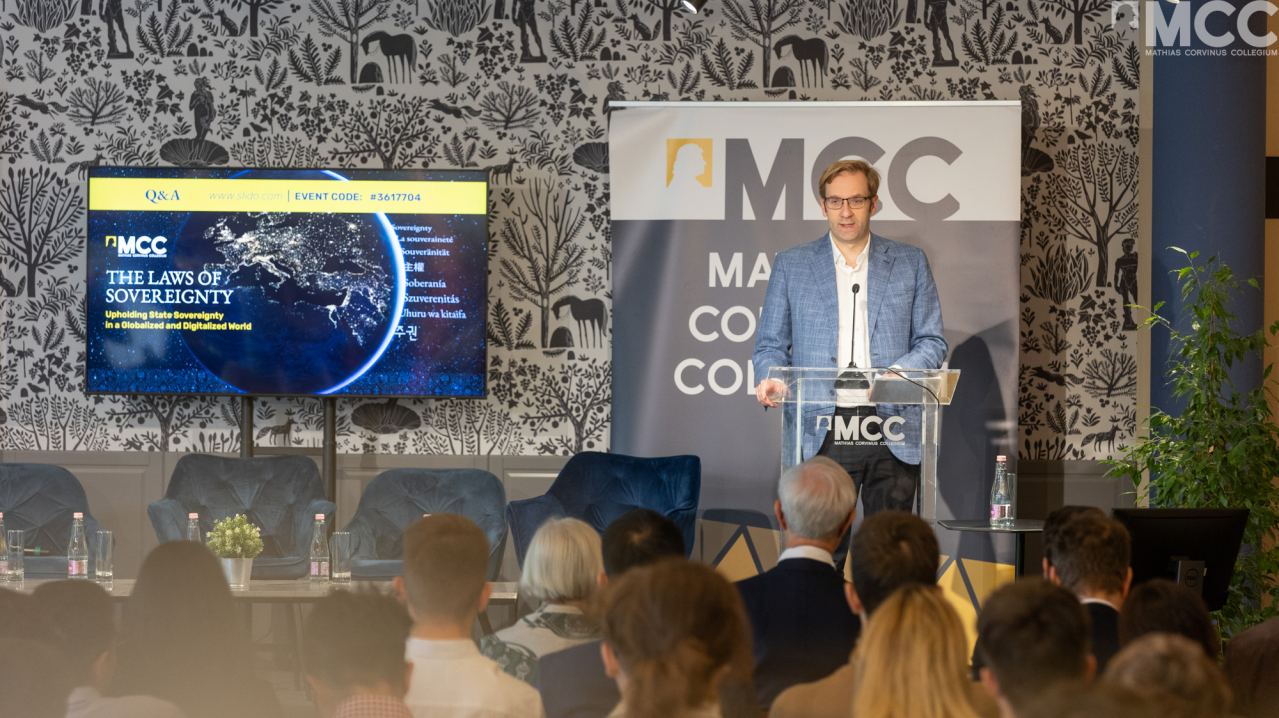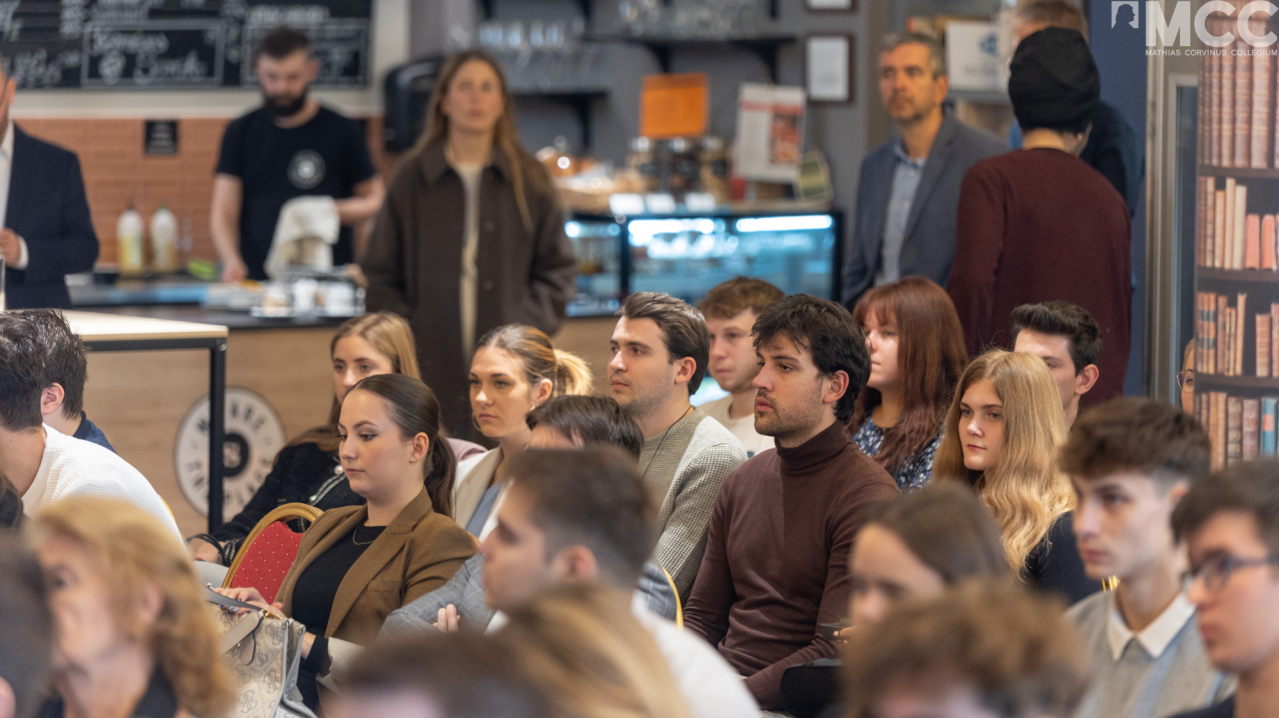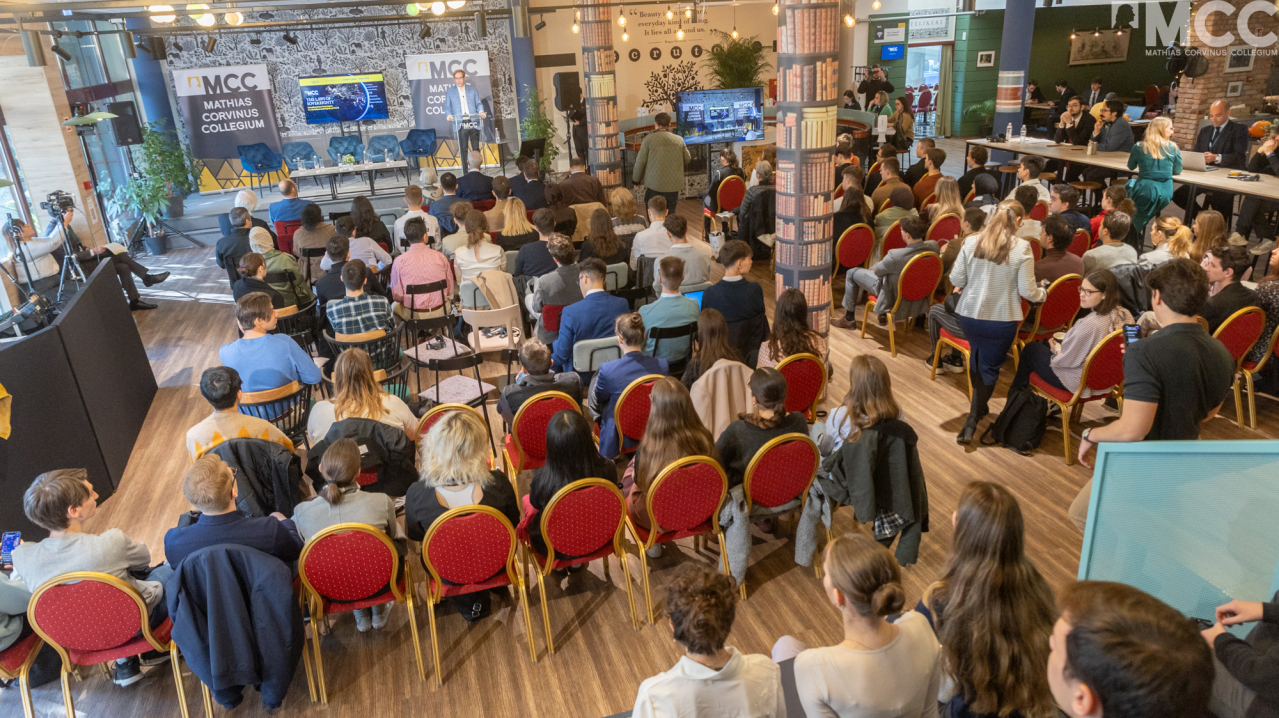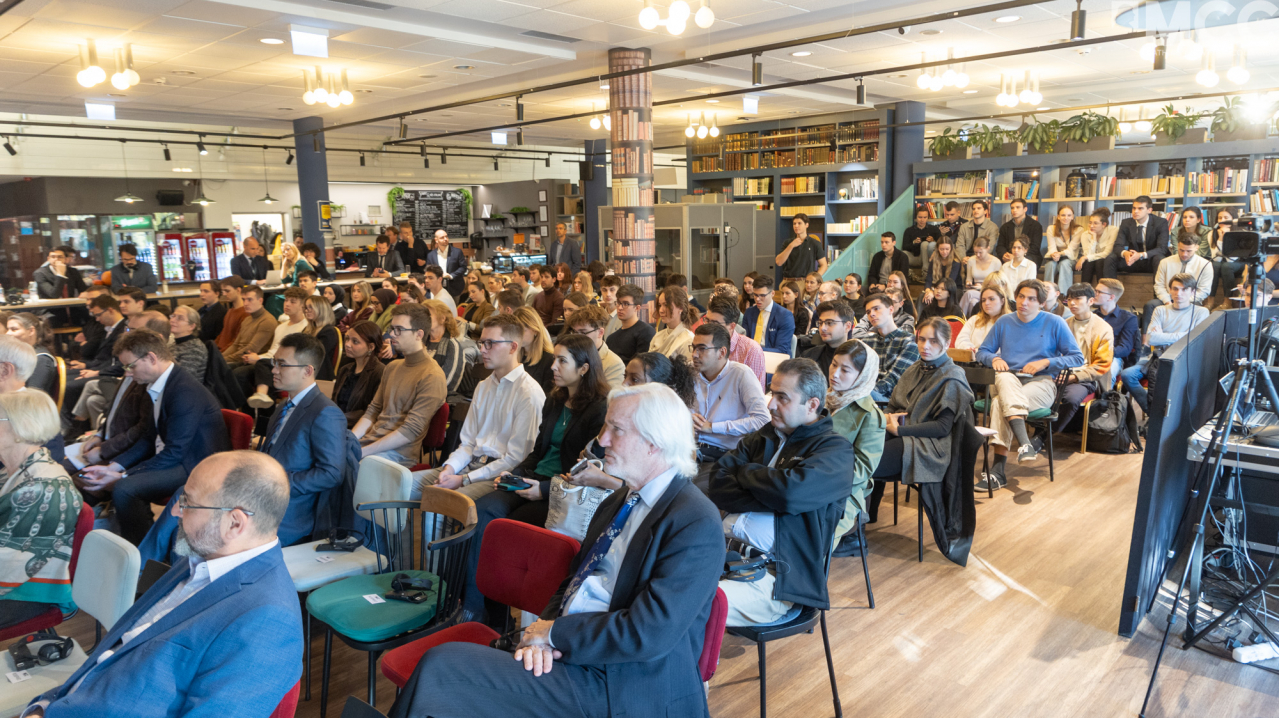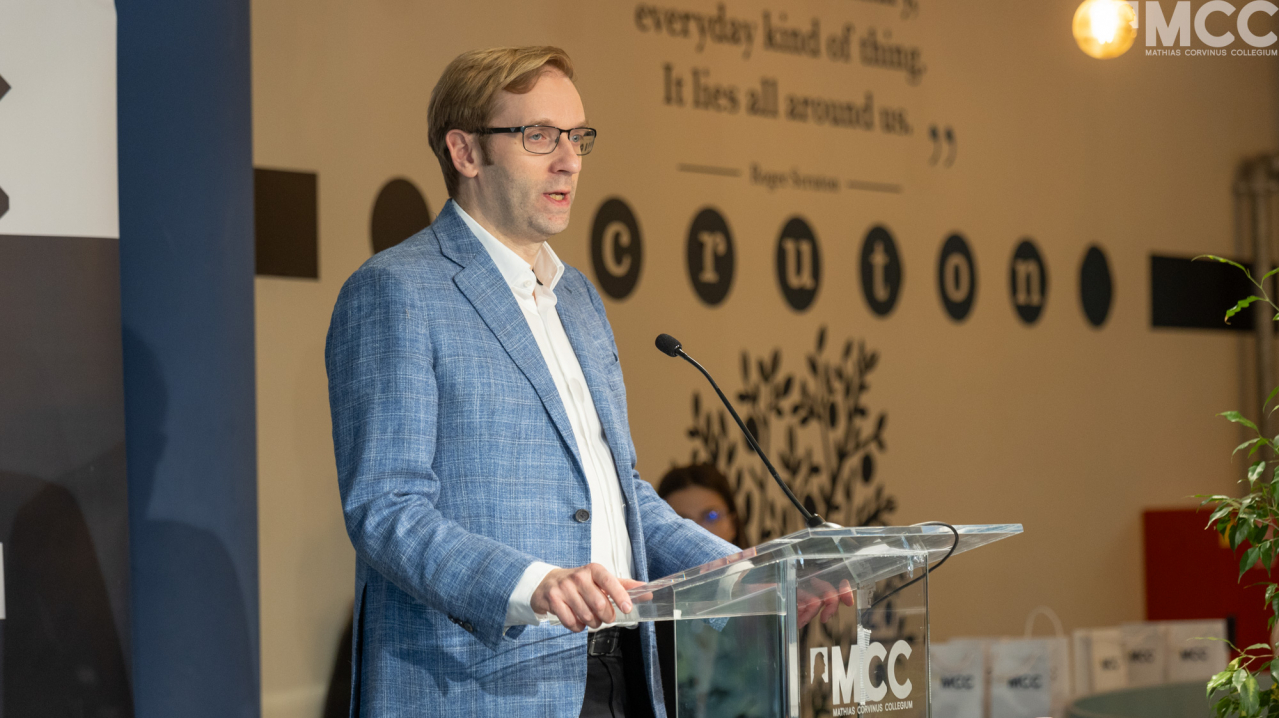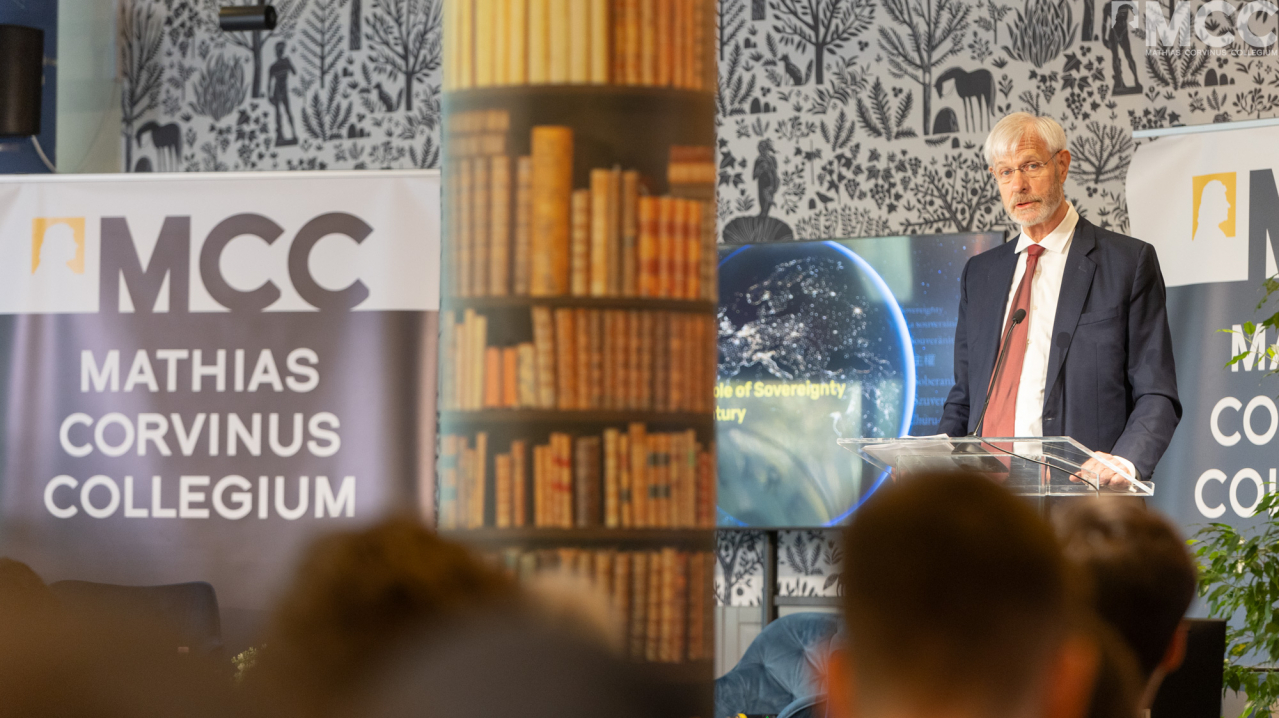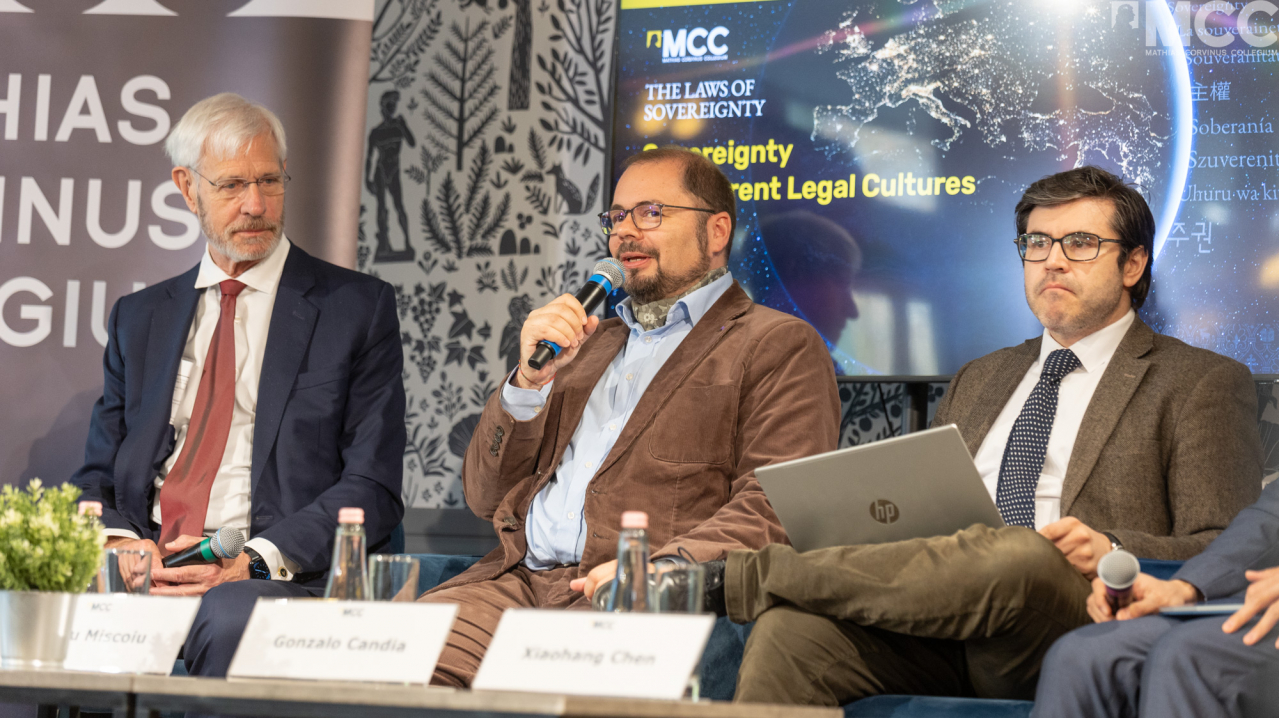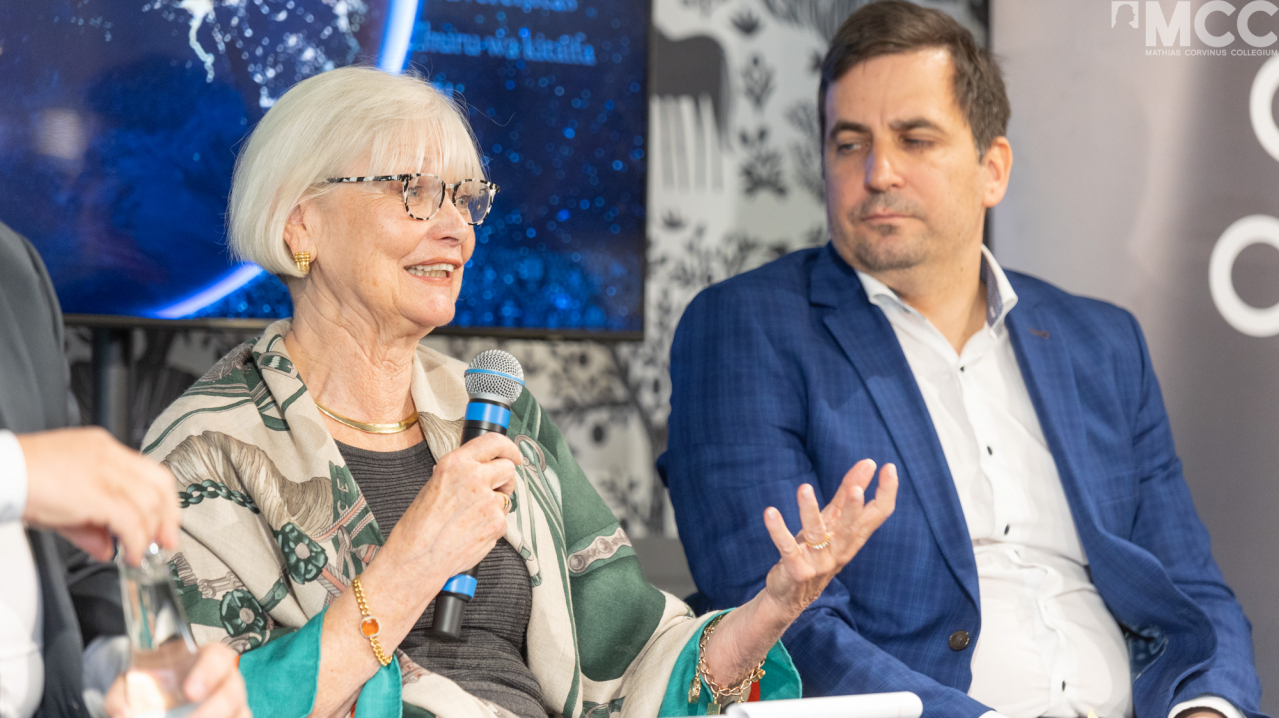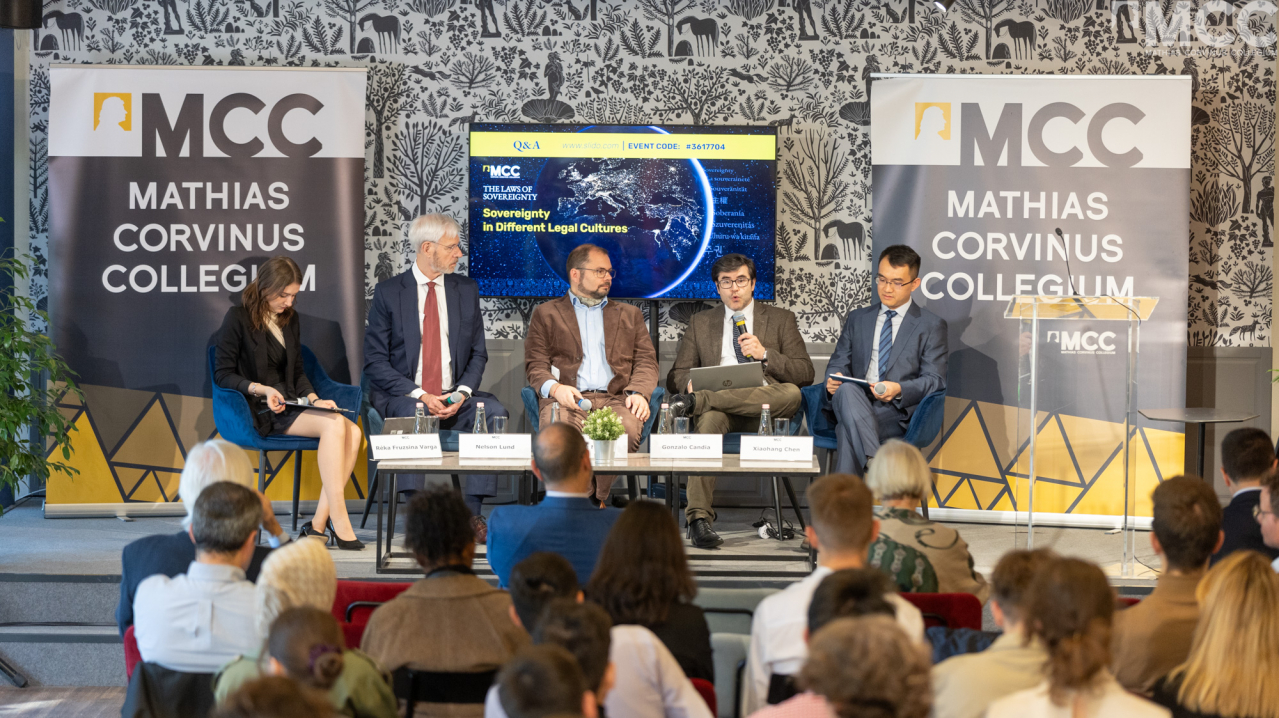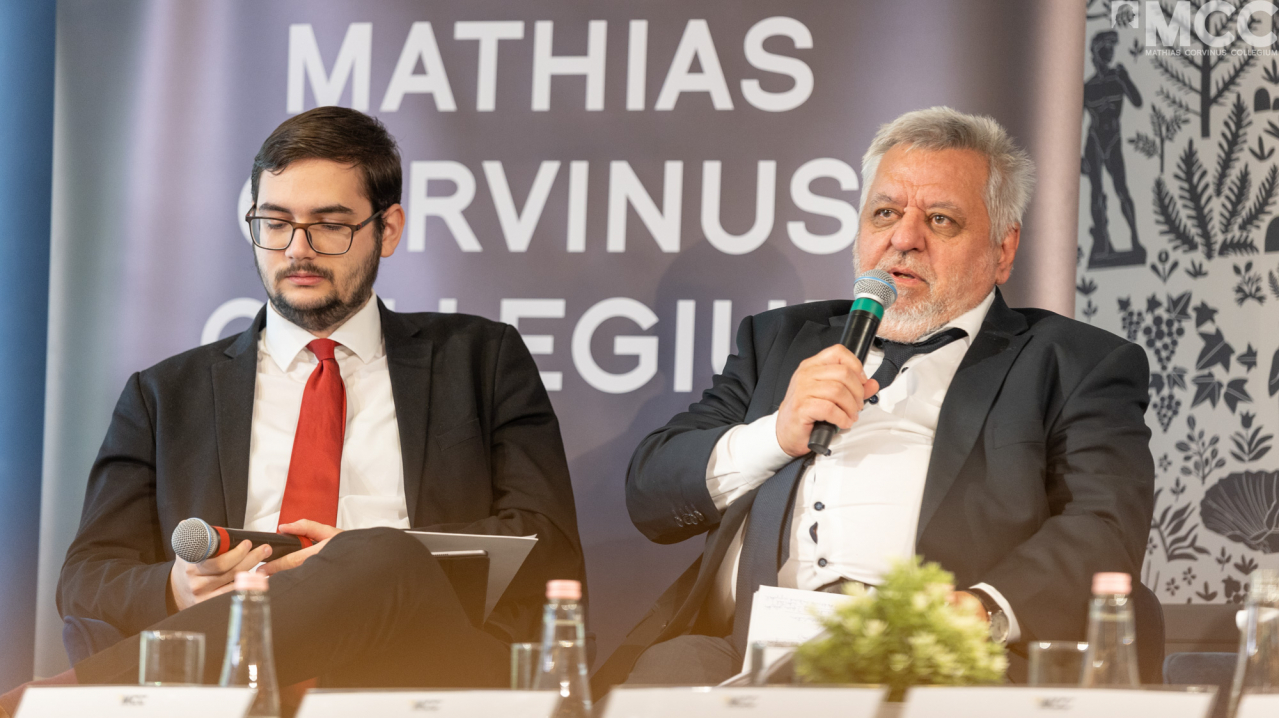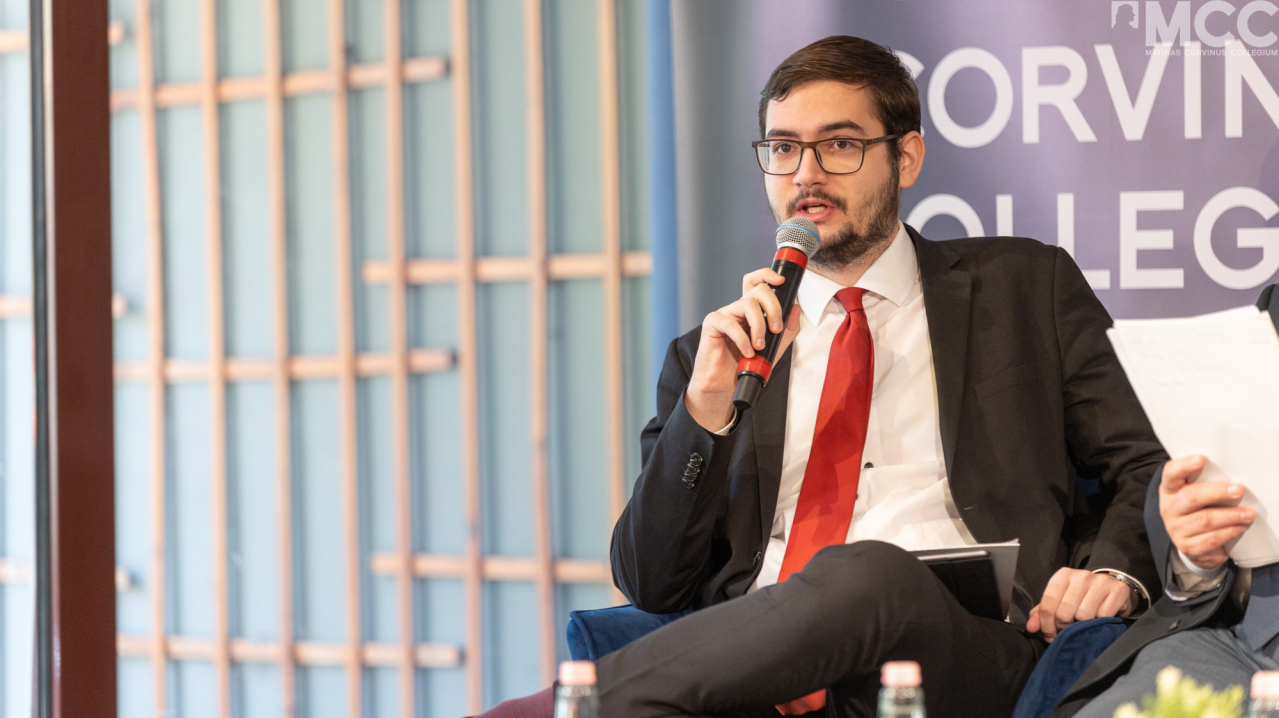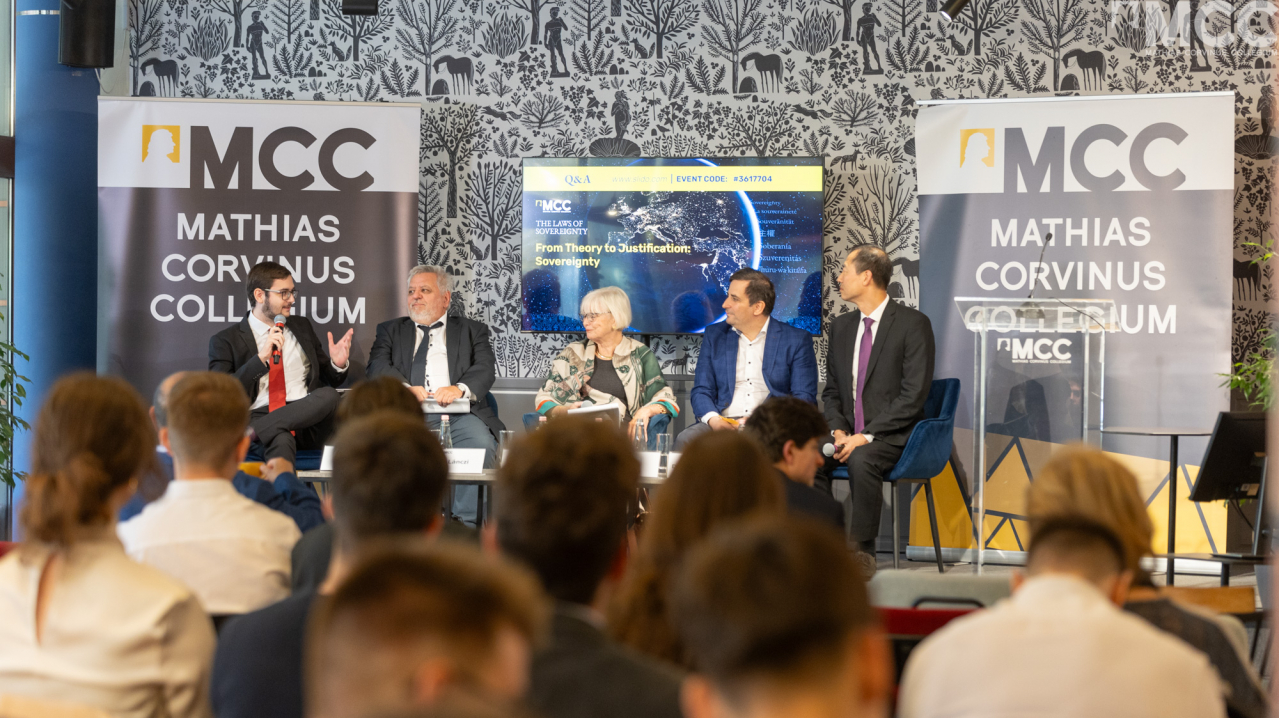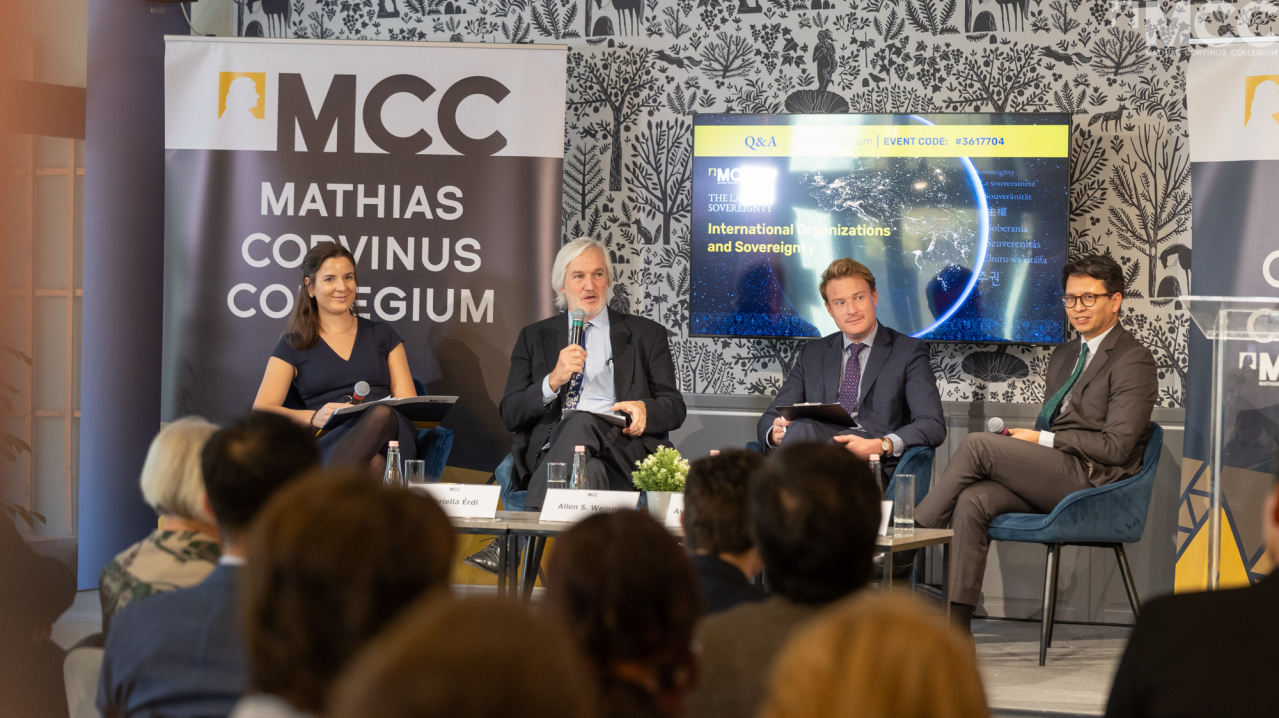Reading time: 2 minutes
"The 2024 version of the rule of law combines the power of judges, militant groups and administrative authorities that claim to be "independent". Judges make law while pretending to interpret it. Militant groups transform their demands into basic rights through the media. The 'independent' administrative authorities exercise an aggressive form of social engineering without having been given a mandate to do so, and in the name of combating hatred and disinformation they are in fact promoting civilizational censorship. They are doing this as part of a globalized techno-structure that is steadily stripping national sovereignty of its essence," said Mathieu Bock-Coté, world-renowned Canadian sociologist, author and political commentator, at the Laws of Sovereignty conference on Friday. The international event, organized by MCC, brought together renowned law professors, political scientists and experts from international judicial fora from around the world and legal cultures to share their views on the new challenges to sovereignty, such as globalization, European integration and digitalization.
In his opening speech, Zoltán Szalai, Director General of Mathias Corvinus Collegium, highlighted Hungary's historical struggles with sovereignty, especially the pressures suffered under the Soviet Union, and the significant changes after 1990 that enabled Hungary to regain its independence. The Director General stressed the importance of quality education and noted that the MCC's mission is to promote development. Sovereignty is a vital issue for both the MCC and Hungary, and the institution provides an ideal venue for this critical debate.
Dr. Lénárd Sándor, Head of MCC's School of Law and Head of the Center for International Law, stressed the importance of discussing sovereignty in today's world. He pointed out that sovereignty means to people what freedom means to individuals - it allows them to control their own destiny and preserve their political and cultural identity.
Nelson Lund, Antonin Scalia Professor of Law at George Mason University, spoke on the history of American sovereignty. He described the United States as a strong nation under internal pressure. Lund traced sovereignty back to the rebellion of 1776, when 13 states declared independence. Dissatisfaction with the system led to a convention proposing a new constitution that created a true national government, capable of enforcing laws, resolving issues on its own authority, and giving the president veto power.
"A country that is progressively alienating itself from its identity will find its population plunged into anomie, cultural impersonation, and less able to resist totalitarianism when it emerges. A nation that loses its identity and becomes a minority at home is bound to disintegrate, to disappear from the stage of history." - stressed Mathieu Bock-Coté, author of Multiculturalism as a Political Religion and The City of Identity.
"In recent years we have witnessed the takeover of Brussels, and the presidency of Ursula von der Leyen is a terrible example of this, seizing every major crisis affecting Europe to extend the powers of Brussels and the European Commission," said Mathieu Bock-Coté. "National sovereignty and the nation state must be restored and rebuilt in a form that is fit for our times." - he added.
In the first panel discussion, Nelson Lund (George Mason University), Sergiu Miscoiu (Babes-Bolyai University), Gonzalo Candia, (Catholic University of Chile), visiting fellow at MCC, and Xiaohang Chen (Peking University Law School) discussed sovereignty in different legal cultures. The discussion also addressed internal and external challenges in upholding the sovereignty of nations.
